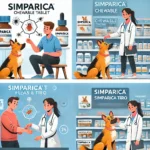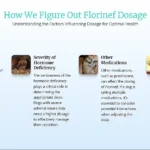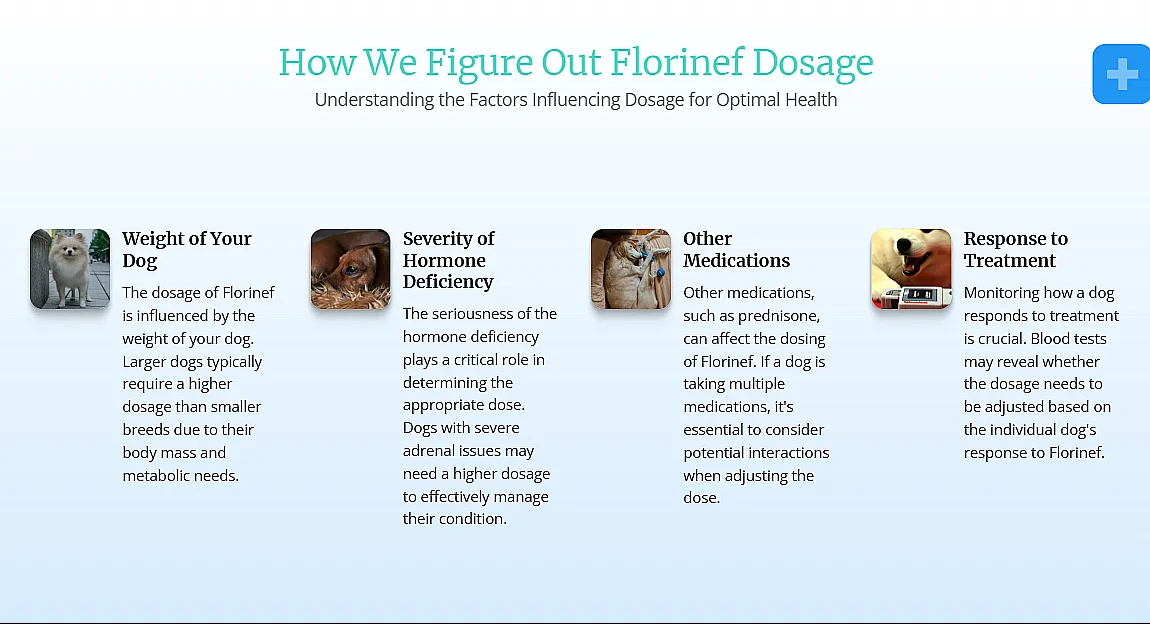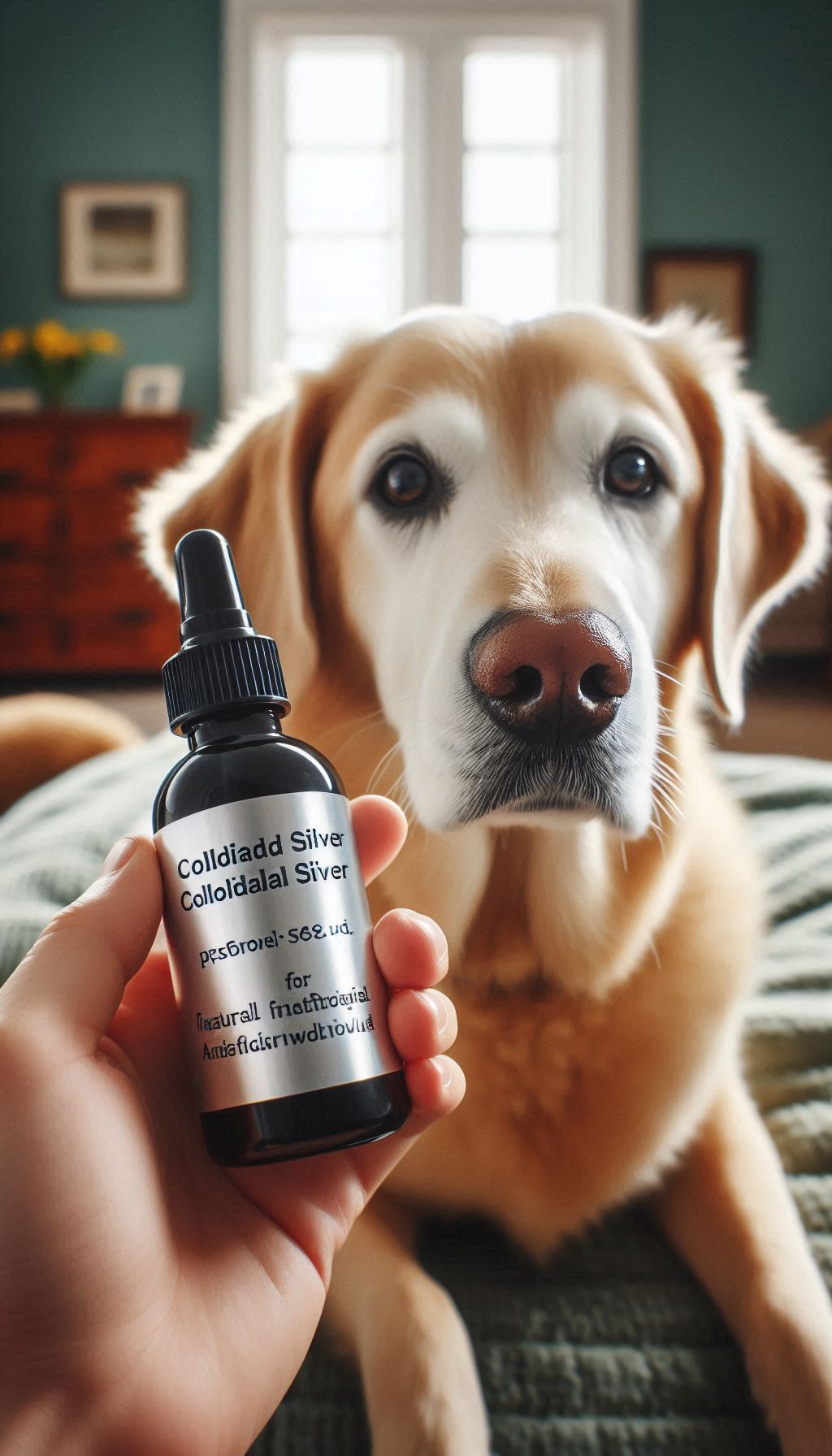Did you know that bee pollen can be beneficial for dogs? This “superfood” is packed with nutrients that can help boost your dog’s health in a number of ways.
In this blog post, we’ll take a look at some of the benefits of bee pollen for dogs and how you can incorporate it into your dog’s diet.
Is Bee Pollen Safe for Dogs? (quick answer)
Bee pollen is safe for your furry friend. Based on factual data, it is considered safe for dogs and is recommended by some veterinary professionals. Besides being safe, bee pollen granules offer many health benefits for your canine pal. They assist in alleviating allergies, stimulate the immune system, and promote a healthy liver thanks to their hepatoprotective properties. It also has anti-microbial, anti-fungal, and anti-viral properties.
What Is Bee Pollen?
Bee pollen is a powdery substance that comes from the pollen of bees. It is also known as bee bread and ambrosia. (I will use this term sometime in this blog)
It is often used as a nutritional supplement because it contains a variety of vitamins, minerals, amino acids, and other nutrients.
Worker bees collect pollen from flowers and bring it back to the hive, where it is used to feed the colony.
Bee pollen contains proteins, carbohydrates, fats, vitamins, minerals, and enzymes. It also contains bee venom and royal jelly.
What are the precautions to take when adding bee pollen to a dog’s diet?
Although bee pollen is considered safe for dogs, there are a few precautions to take when adding it to their diet.
- Start with a small amount and increase gradually, monitoring your pup for any adverse reactions.
- Bee bread can act as a complete food source, so make sure to adjust your regular diet accordingly.
- Because bee bread is high in sugar, use caution if your pup is diabetic or has other health conditions that require a low-sugar diet.
What are the benefits of adding bee pollen to a dog’s diet?
Adding bee pollen to a dog’s diet has numerous benefits.
- Bee pollen is a great source of vitamins, minerals, and antioxidants that can help support overall health.
- It can also help boost the immune system, improve digestion, and correct deficiencies in the diet.
- Bee bread is known to have anti-inflammatory properties that can be beneficial for pups with allergies or other conditions.
Can dogs eat bee pollen?
Yes, dogs can eat bee pollen, and it offers a range of health benefits. Bee pollen is high in protein, vitamins, minerals, and antioxidants. It can help boost the immune system, improve digestion, and increase energy levels. It’s also hepatoprotective and can help protect and promote a healthy liver. However, Bee pollen can cause an allergic reaction in some dogs, so start with a small amount and increase gradually.
What is Propolis?
Propolis is a resin-like material made by bees from the buds of poplar and cone-bearing trees.
It has been used for centuries for its medicinal properties, and modern science is beginning to validate many of these uses.
Propolis is effective in fighting infections, healing wounds, and more.
Can dogs eat bee propolis?
Yes, dogs can eat bee propolis! This natural substance is rich in bioflavonoids, which are effective against viruses, harmful bacteria, yeasts, and fungi.
Propolis has anti-inflammatory properties like truffles that can help to protect your dog from canine flu, kennel cough, and other infectious illnesses.
Can dogs be allergic to bee pollen?
While it’s possible for dogs to be allergic to bee pollen, it’s actually quite rare. Bee bread contains natural antihistamines which can help protect against allergies.
When consumed regularly, bee bread can help to build up immunity to pollens in the environment. If your dog does have allergies, bee pollen may be a helpful way to relieve symptoms.
What are the side effects of bee pollen for dogs?
There are no known side effects when it comes to using bee pollen for dogs. However, it is important to start with a small amount and increase gradually as some dogs may be allergic to bee pollen.
A few studies have been promising, one small study found evidence that bee pollen might reduce some side effects of radiation therapy.
Bee bread is also high in rutin, a bioflavonoid, that protects against free radical damage and has powerful antioxidant and anti-inflammatory properties.
What are bee products for dogs?
Bees are more than just insects that fly around and sting people. They are actually responsible for creating some of the world’s most valuable products.
Bee bread, for example, is a nutrient-dense powerhouse supplement that can have a multitude of benefits for dogs.
Honey is another great bee product that can be applied to wounds or added to the diet for health reasons.
All Burt’s Bees Natural Pet Care products are cruelty-free and pH balanced for pets, making them a great choice for those looking for a natural alternative to commercial pet care products.
What are some common side effects of honey for dogs?
While honey is not toxic for dogs, we would advise against feeding it to your pooch.
Reason for this is that honey has an extremely high sugar content (it’s basically just straight-up sugar!) and too much of it can lead to obesity and other health problems.
Is bee pollen better than honey?
There are many reasons to believe that bee pollen is better than honey.
Bee pollen has a much more impressive nutritional profile than honey. It contains over 250 active substances, including vitamins, minerals, and amino acids.
Bee bread is a good source of protein, with a 30% protein content. This makes it a better choice for those looking for high-protein food.
Bee bread has been shown to have anti-inflammatory and antimicrobial properties.
What are the risks associated with feeding raw honey to my dog?
As a pet owner, you may be interested in feeding your dog raw honey as a treat. However, there are some risks associated with doing so.
Honey is high on the glycemic index, and feeding too much of it to your dog could cause a spike in blood sugar levels. This is particularly dangerous for diabetic dogs.
Raw honey may contain botulism spores, which can be harmful to puppies or dogs with compromised immune systems.
Too much honey can lead to obesity in dogs due to the high sugar content. It’s important to only offer small amounts of honey as a treat and to make sure your dog is getting a complete and balanced meal.
Conclusion
Bee pollen can be a great supplement for dogs. It is packed with nutrients and can help with a variety of issues, from allergies to joint pain.
If you are considering giving your dog bee bread, be sure to talk to your vet first to make sure it is the right decision for your pet. Thank you for reading!











